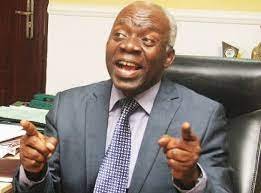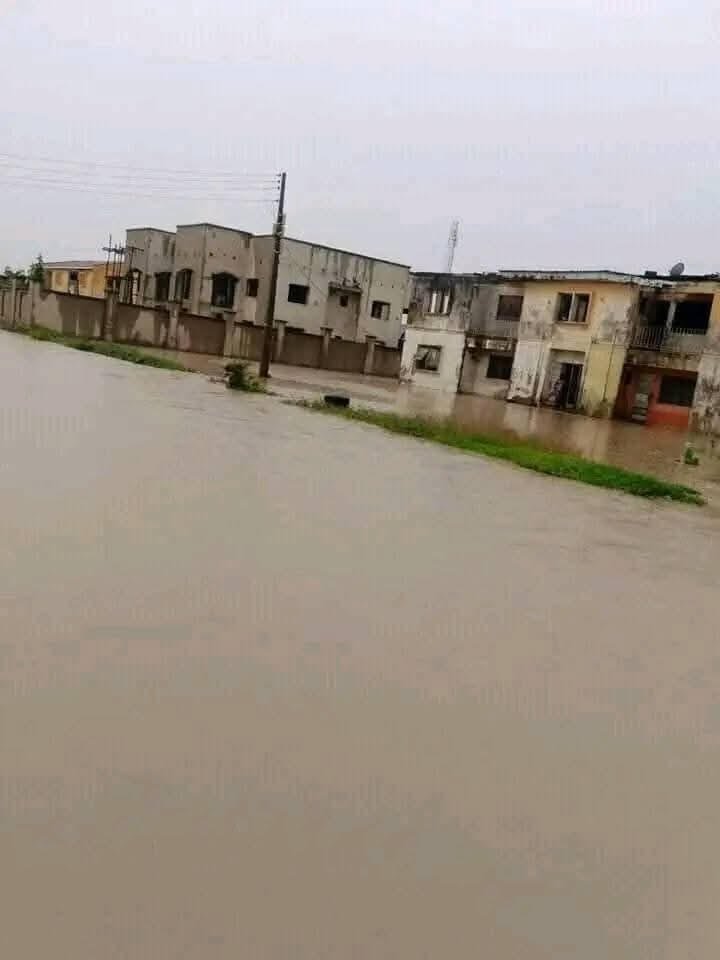Human rights lawyer Femi Falana SAN, has raised concerns about the alleged return of the fuel subsidy regime in Nigeria, calling on the administration of President Bola Tinubu to address the issue with transparency.
In a statement, Falana quoted Robert Dickerman, CEO of Pinnacle Oil, who claimed that the federal government still pays N1 trillion every month for petrol subsidies.
Falana emphasised the need for transparency, stating, “Instead of urging Nigerians to continue to endure the hardship caused by the removal of subsidies on petrol, Tinubu should go public about the state of the economic policy.”
He also questioned the lack of response from the Nigerian National Petroleum Corporation Limited (NNPCL) to claims of a return to subsidy payments by the International Monetary Fund (IMF) and the World Bank.
During his inauguration on May 29, 2003, President Bola Tinubu announced the end of fuel subsidies and total deregulation of petroleum products. However, at the Nigeria International Energy Summit (NIES) held in Abuja, Mr Dickerman revealed that the Nigerian government still pays N1 trillion every month for petrol subsidies.
Dickerman’s disclosure at the summit highlighted the significant subsidy still in place, contributing to the affordable price of the product and potentially fueling smuggling activities to neighbouring countries.
The World Bank has also alleged a partial return of fuel subsidy, citing discrepancies between the official exchange rate and the current petrol price in Nigeria. Despite these claims, the Nigerian National Petroleum Corporation Limited has not addressed the allegations.
Falana urged the federal government to confirm or deny the serious allegation and end the opacity surrounding the importation of fuel from foreign countries, emphasising the need for transparency and accountability in economic policies.



